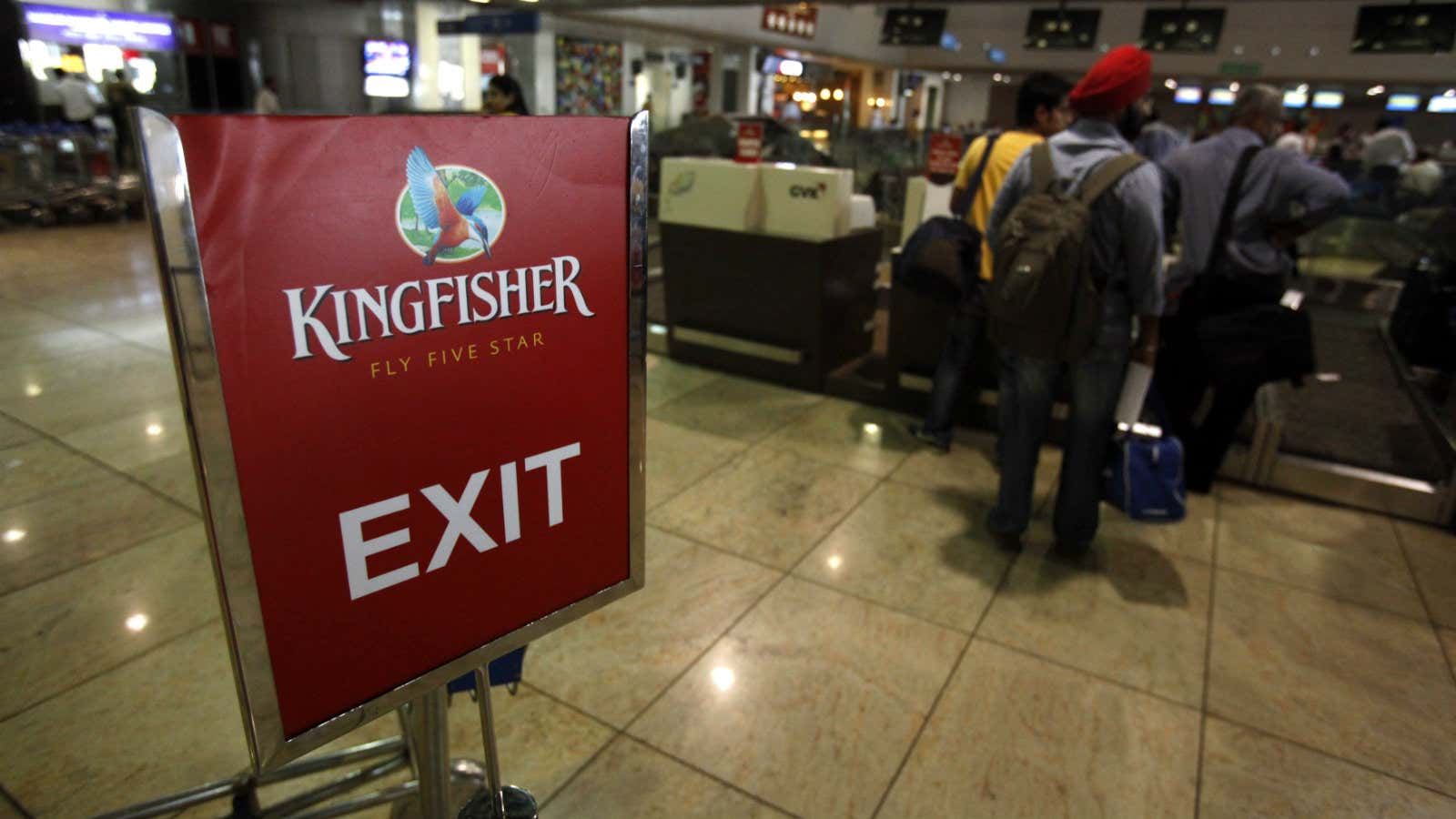There is an exodus of millionaires from India, and the government suspects the rich are trying to escape scrutiny and tax liability.
The central board of direct taxes (CBDT), which advises the finance ministry on income tax policies, has constituted a body to come up with a set of rules to make people pay for looking to migrate.
Such exits have a direct impact on the government’s tax revenues, and the CBDT panel may look at how to stop the erosion of the tax base and deter people from exiting the country.
A March 2018 Morgan Stanley’s report revealed that 7,000 millionaires left India in 2017. In all, over 23,000 have left over the last four years. In November 2017, India had about 245,000 millionaires, according to Credit Suisse.
What can the government do?
“Some of the countries across the globe have an exit or a departure tax,” Jiger Saiya, tax and regulatory partner at the law firm BDO, told Quartz. “For instance, individuals moving out of Canada are imposed tax on the deemed disposition of assets owned by the individual.” When a person leaves Canada permanently, the government considers that he or she has disposed of all property, even if they are not actually sold. This is called deemed disposition, which leads to capital gains or loss that the person is liable to pay before leaving.
Similarly, in Singapore, foreign employees or permanent residents leaving the country permanently are deemed to have derived gains from unexercised or restricted stock options held by them. Those migrating must pay tax on such deemed gains before leaving the country, Saiya said, citing alternatives to an “exit tax.”
“The (CBDT) working group may also consider introducing reporting and compliance laws, like in the US,” he added.
The US Foreign Account Tax Compliance Act (FATCA) requires foreign financial institutions and certain other non-financial foreign entities to report the foreign assets held by their American account holders.
Why is the government worried?
“With the surfacing of scams worth crores, a surge in the use of virtual unregulated cryptocurrencies, investment opportunities overseas for the ultra-rich etc, tax aspects surrounding the ultra-rich were bound to draw attention,” Saiya explained.
Most famously, Vijay Mallya fled the country over two years ago. The former liquor baron was later accused of loan frauds and money laundering. Kingfisher, a now-grounded airline owned by Mallya, owes Rs9,000 crore ($1.4 billion) to India’s state-owned banks.
Many of India’s rich have been named in some of the world’s infamous tax-evaders’ lists like the Panama Papers and Paradise Papers. At least 121 have been put on trial based on probes. Meanwhile, one of the Narendra Modi government’s biggest policy moves, demonetisation, was aimed at unearthing such unaccounted wealth within India.
However, scrutiny is not the sole reason for this exodus.
“While the fear of prosecution is a strong reason for people who have the means, money, and motive to migrate abroad, it is not the only one. The exodus is also on account of other factors such as the chance of an improved quality of life overseas, social security, healthcare, better investment opportunities, low tax rates, etc,” Saiya said.
The key concerns
So the government must be cautious about not cutting off the nose to spite the face.
“The question they (the tax department) should ask is why are they (the millionaires) leaving,” a senior tax expert told Quartz on the condition of anonymity. ”People are just fed up. They just throw a stone and people are drawn into litigation for 10 years. Nothing gets resolved.”
